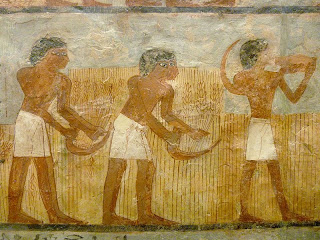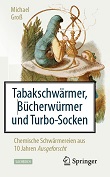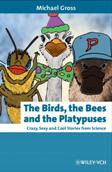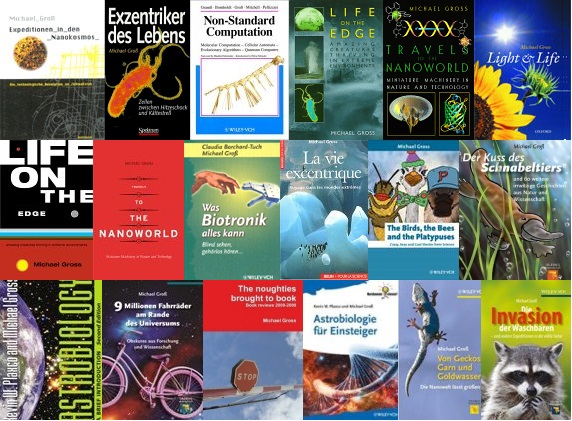The EuCheMS chemistry congress will take place in Istanbul next year, so I was wondering whether I could go there by train. The SNCF website says it doesn’t sell tickets to that destination. Deutsche Bahn can’t tell the price, but at least it gives me a connection.
Travelling from Frankfurt, it would take three nights, two days (55 h 50 mins total duration), and five changes to get there:
- Night train Frankfurt to Vienna (EN421)
- Vienna to Budapest
- Budapest to Beograd
- Night train Beograd to Sofia
- 10 hours wait in Sofia
- Sofia to Dimitrovgrad, Bulgaria
- Night train Dimitrovgrad to Istanbul
The first train, EN421 comes from Cologne, so the connection also works from there, as well as from other German stations including Bonn, Koblenz, Mainz, Würzburg, Nürnberg, Regensburg, Passau.
Deutsche Bahn very kindly gives me a connection from Paris as well, although it doesn’t even cross German territory. I could take a TGV Paris to Zurich, direct night train Zurich to Budapest, and then it’s the same as above for the rest of the journey (total: 60 hours). From London it recommends going via Brussels and Cologne, 63 hours.
I think the last change in Dimitrovgrad is where they lost me. I wouldn’t actually mind travelling three nights in a row and having some time to look at the cities in between. But Dimitrovgrad, population 38,015, not to be confused with the eponymous town in Russia, sounds random and a bit scary.
Whatever happened to the Orient Express? (I looked it up, the short answer is, it ceased to exist, the long answer is on Wikipedia.) Shouldn’t there be a direct line across Europe, linking all those new member states?
So, well, maybe I’ll skip this conference. Unless somebody has a bright idea? Are there any prospects for improvements in Bulgarian railways?
image source: wikipedia
















